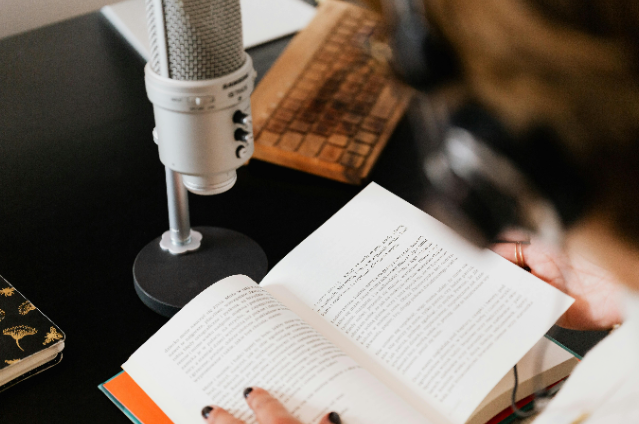
Parasocial relationships have always been a part of the human psyche. Humankind has always craved connection, and parasocial relationships give people an outlet to connect with someone who seems beyond their reach. It is the act of personifying and humanising someone who appears far away — a more complex version of identifying with someone. From famous artists and writers to boy bands and girl bands, parasocial relationships have existed in some form across the world. Today, the internet is only intensifying this phenomenon, bridging the gap between celebrities and regular people.
After the COVID-19 pandemic, one unexpected space for parasocial relationships has emerged: the world of podcasts. Podcasts are nothing new — successors to radio shows and informal interviews. Genres featuring a few people talking to each other or reviewing media have always existed on platforms like YouTube. However, podcasts surged in popularity with the launch of Spotify and the increasing demand for audio-first content. This growth exploded during the pandemic in 2020, as they provided comfort to people stuck at home with little to no human interaction.
Since podcasts are relatively new compared to television and film, research on the parasocial relationships between audiences and podcast hosts is still limited. However, the impact on regular listeners is evident.
One reason podcasts can quickly build audiences and strong parasocial bonds is the perceived authenticity of their hosts. Unlike celebrities, idols, or even many YouTubers — who often read from scripts and maintain curated personas — podcasters frequently present themselves in a more unpolished, relatable way. Creators targeting kids adopt a bubbly persona, while video essayists often cultivate an intellectual tone. In contrast, podcasters often sound like real people having real conversations, which makes listeners feel included in the dialogue.
Podcasts often carry a touch of the ordinary — the casual setting, conversational tone, and accessible language help bridge the gap between host and audience. While celebrities work in high-tech studios, podcasts can be recorded in modest settings, making them feel familiar. For example, a movie review from “three random friends” feels very different from one by an acclaimed critic because the approach is more relaxed and personal. Add to that the convenience — you can listen anywhere — and podcasts become a low-effort, high-comfort form of media. Audiobooks demand sustained focus, but podcasts often require less concentration.
This has given rise to the “podcast friend” — a friend the listener will likely never meet in real life. This friend exists only through clipped conversations and the listener’s imagination, never disappointing because their persona is constructed and edited for public consumption. In an age where loneliness has become a commodity, podcasts offer both intentional and unintentional comfort. They create a sense of community that can be missing in the modern world, where many are glued to their phones or consumed by work in an economy that prioritises productivity over personal relationships.
However, parasocial relationships in podcast culture can also have darker consequences. For example, the rise of “red-pill alpha male” podcasts has had harmful effects on boys’ perceptions of women, reviving outdated gender roles and misogyny. Popular figures in this space cultivate cult-like followings, influencing real-world attitudes and behaviours. Since podcast equipment is relatively affordable and easy to set up, anyone can build a loyal audience, which has also fueled the spread of conspiracy theories, pseudoscience, racism, and even eugenics.
Ultimately, both audiences and creators must exercise caution. Adults need to decide how much influence they want entertainment to have over their lives. Children, on the other hand, should not be exposed to potentially harmful podcasts until they can understand nuance, and parents should be vigilant about their children’s online consumption.
Podcasts are still a developing medium, and it will take time to address their flaws. Eventually, they may settle into being just another form of entertainment — one option among many.
Sources:
- Why podcast hosts feel like friends: Study explores authenticity and parasocial relationships
- The Guardian – Have podcasters replaced our real friends?
